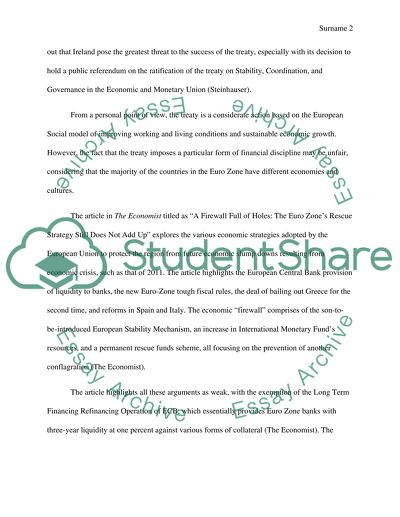Cite this document
(“Current Events Article Example | Topics and Well Written Essays - 1250 words”, n.d.)
Retrieved from https://studentshare.org/finance-accounting/1395748-current-event
Retrieved from https://studentshare.org/finance-accounting/1395748-current-event
(Current Events Article Example | Topics and Well Written Essays - 1250 Words)
https://studentshare.org/finance-accounting/1395748-current-event.
https://studentshare.org/finance-accounting/1395748-current-event.
“Current Events Article Example | Topics and Well Written Essays - 1250 Words”, n.d. https://studentshare.org/finance-accounting/1395748-current-event.


